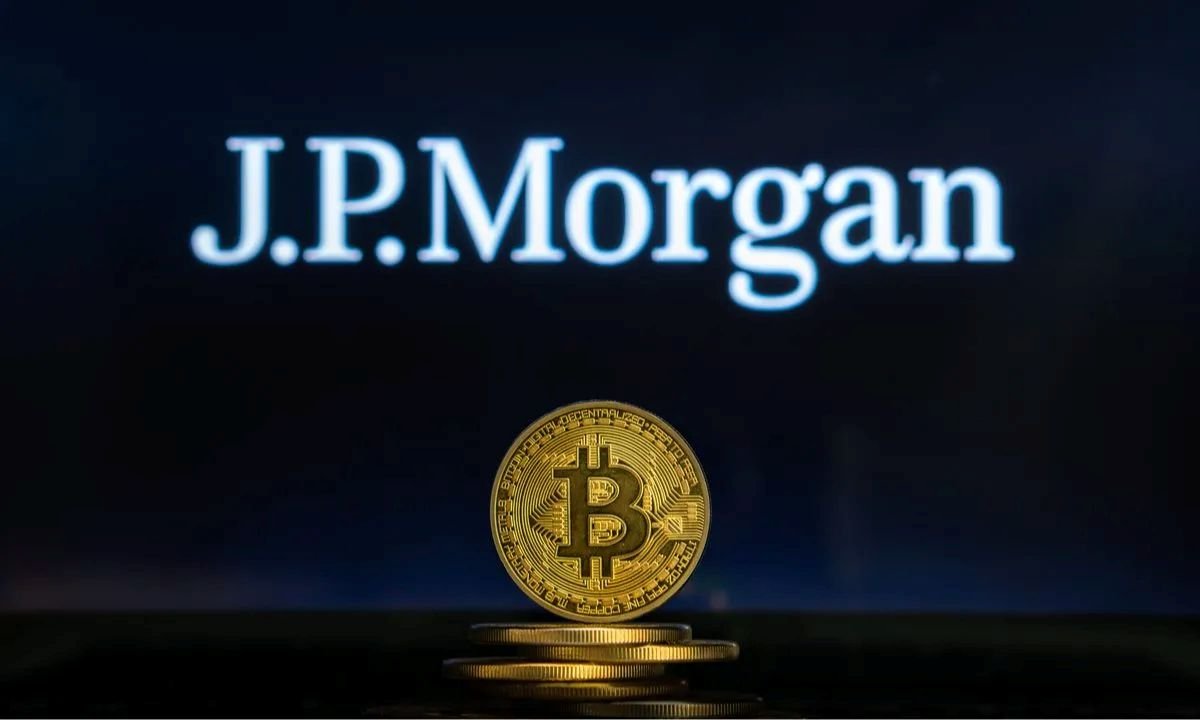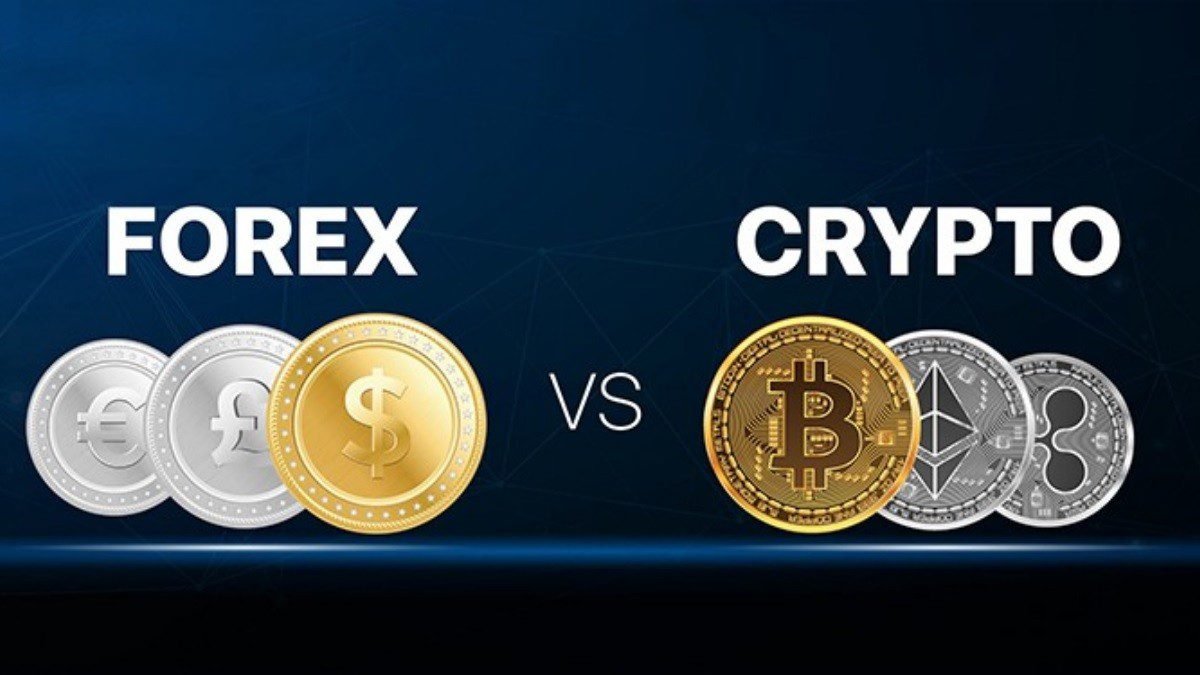JP Morgan and Crypto: From Wall Street Skeptic to Blockchain Pioneer

JP Morgan and Crypto Just a few years ago, if you told someone that a Wall Street titan like JP Morgan would be deeply involved in cryptocurrencies and blockchain technology, they might have scoffed. Especially when influential figures like the bank’s CEO Jamie Dimon publicly derided Bitcoin as a “fraud” and even a “pet rock.” But today, the narrative is strikingly different.
JP Morgan has emerged as a significant player in the crypto space, not only embracing blockchain technology but also facilitating access to cryptocurrencies for its clients. It’s a journey that underscores the growing bridge between traditional finance and the digital revolution.
This transformation for JP Morgan, once a staunch critic, didn’t happen overnight. It’s a strategic evolution driven by recognizing the power of the technology, addressing changing client demand, and securing its place in the future financial system. Let’s delve deeper into the various facets of JP Morgan’s crypto journey.
Jamie Dimon’s Evolving Stance: From ‘Pet Rock’ to ‘Your Right to Buy’
JP Morgan CEO Jamie Dimon was famously known for his overtly skeptical remarks on cryptocurrencies. In 2017, he famously stated that he would fire any employee trading Bitcoin, calling them “stupid.” He has also called Bitcoin “worthless” and linked it to illicit activities. His outspoken comments often ignited fierce debates within the crypto community.
However, Dimon’s stance has notably softened recently. In May 2025, he announced that JP Morgan would allow its clients to buy Bitcoin, even if the bank itself wouldn’t directly hold custody. He remarkably likened it to the right to smoke, stating, “I don’t think you should smoke, but I defend your right to smoke. I defend your right to buy Bitcoin. Go for it.” This statement, while maintaining his personal skepticism, showcases a business pragmatism towards client demand and the evolving market reality. It’s a significant shift that highlights how mainstream finance, specifically JP Morgan, is adopting a new approach to crypto.
Early Blockchain Investments: JPM Coin and Onyx/Kinexys
Despite Dimon’s public skepticism, JP Morgan was actively investing in blockchain technology behind the scenes. In 2019, they launched their own blockchain-based digital token, JPM Coin. Functioning much like a stablecoin, it’s pegged 1:1 to the US Dollar and facilitates instantaneous payments and settlements between the bank’s wholesale clients. It has indeed proven to be a game-changer for the bank, dramatically reducing the time and cost involved in cross-border transactions and inter-bank settlements.
In 2020, JP Morgan consolidated its blockchain initiatives under a dedicated business unit called ‘Onyx’. This unit was recently rebranded as Kinexys. Kinexys has developed several innovative solutions leveraging blockchain technology, including:
- Kinexys Digital Payments (formerly JPM Coin): Enabling 24/7, near-instant, multi-currency transactions for wholesale payments. It has now also launched in GBP (British Pound), providing 24/7 corporate payments and FX support in dollars, euros, and pounds.
- Digital Financing: Settling repo transactions in a matter of minutes using blockchain.
- Tokenized Collateral Network: Tokenizing assets and utilizing them as collateral more efficiently.
- Digital Debt Service: Offering future-proof solutions for debt issuance and management.
Kinexys has processed over $1.5 trillion in cumulative transactions since its inception and now handles an average of $2 billion in transactions daily. This clearly demonstrates how seriously JP Morgan is taking the real-world utility of crypto and blockchain technology beyond mere speculation.
Towards Institutional Adoption: Spot Bitcoin ETFs and Client Access
The US approval of Bitcoin spot ETFs has further bridged the gap between traditional finance and crypto. JP Morgan is certainly not immune to this shift. While the bank will not directly hold Bitcoin in custody, it will facilitate its clients’ ability to buy Bitcoin through various Bitcoin ETFs, such as BlackRock’s iShares Bitcoin Trust. This move follows in the footsteps of rivals like Morgan Stanley, which were already offering spot Bitcoin ETF options to their qualified clients.
This decision is critical because it illustrates how client demand and the competitive landscape are compelling even large banks like JP Morgan to set aside their initial hesitations. Even if Jamie Dimon personally remains skeptical about Bitcoin’s intrinsic value, on an institutional level, JP Morgan is acknowledging the practical necessity of providing access to crypto products. This aligns with a broader trend in the financial industry towards regulated crypto access, making JP Morgan’s crypto strategy a key indicator for broader market acceptance.
Project Guardian and Experimentation with Public Blockchains
JP Morgan isn’t merely confining itself to its own private blockchain solutions; they are actively experimenting with the public blockchain ecosystem as well. They are involved in industry initiatives like the Monetary Authority of Singapore’s (MAS) ‘Project Guardian,’ which aims to explore the potential of decentralized finance (DeFi) for financial institutions.
Under Project Guardian, JP Morgan has executed the first live DeFi cross-currency trade (SGD/JPY) on the Polygon blockchain. They have also demonstrated how tokenized deposits and identity tokens can be issued on public blockchains.
This shows that the bank is no longer limited to private, permissioned blockchains but is also recognizing the potential for scalability and interoperability offered by public blockchains. This step marks a significant evolution in JP Morgan’s crypto strategies, seeking to connect traditional finance with the burgeoning world of Web3.
also read:- Why Is Crypto Down Today? Unpacking the Major Drivers Behind the Market Dip
JP Morgan’s Future Strategy: Emphasis on Tokenization and Institutional Adoption
Looking ahead, JP Morgan’s crypto strategy is clearly centered on tokenization and continued institutional adoption. They firmly believe that blockchain technology can redefine traditional financial processes, leading to increased efficiency, transparency, and liquidity. They are actively working on tokenizing various assets (such as treasuries, money market funds, and fixed-income instruments) and making them available for trading and settlement through their Kinexys platform.
The bank is also predicting that Bitcoin could outperform gold in the latter half of 2025, primarily driven by increased corporate investment and growing support from US states that are buying Bitcoin for their strategic reserve assets. This is a significant prediction that showcases a more optimistic institutional outlook on crypto. JP Morgan is solidifying its position as a leading force in crypto, helping to integrate digital assets into the world of traditional finance. Their goal is to build a next-generation financial infrastructure that is compatible, programmable, and interoperable.
What Does JP Morgan’s Dive into Crypto Mean for the Industry?
JP Morgan’s increasing involvement in cryptocurrencies and blockchain holds several important implications:
- Mainstream Legitimacy: When an established financial institution like JP Morgan embraces crypto, it adds immense credibility and legitimacy to the entire industry. This can encourage other major players to also venture into this space.
- Institutional Capital Inflow: JP Morgan’s move to provide crypto access to clients and develop its own blockchain solutions will pave the way for more institutional capital to flow into the market. This could provide greater stability and liquidity.
- Innovation and Efficiency: The bank’s internal blockchain solutions (Kinexys) are bringing significant efficiencies to traditional financial processes, such as cross-border payments and asset settlement. This can ultimately benefit both consumers and businesses.
- Demand for Regulatory Clarity: JP Morgan’s active engagement also puts pressure on regulators to develop clearer guidelines and frameworks for digital assets, which will benefit the entire ecosystem.
In essence, JP Morgan’s crypto journey is a microcosm of traditional finance’s evolution. It symbolizes an industry overcoming its initial skepticism and acknowledging the inevitable force of Web3. Despite Jamie Dimon’s personal views,
JP Morgan is playing a pivotal role in shaping the future of crypto, making it clear that the digital revolution is indeed here to stay. It will be fascinating to observe what further innovations this banking giant brings to this rapidly evolving space in the coming years.




